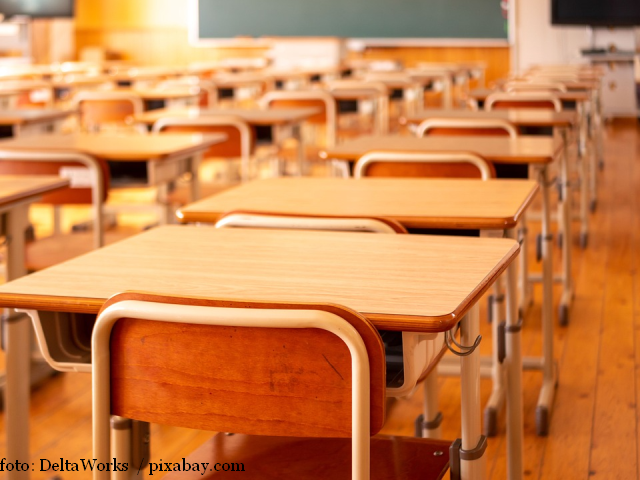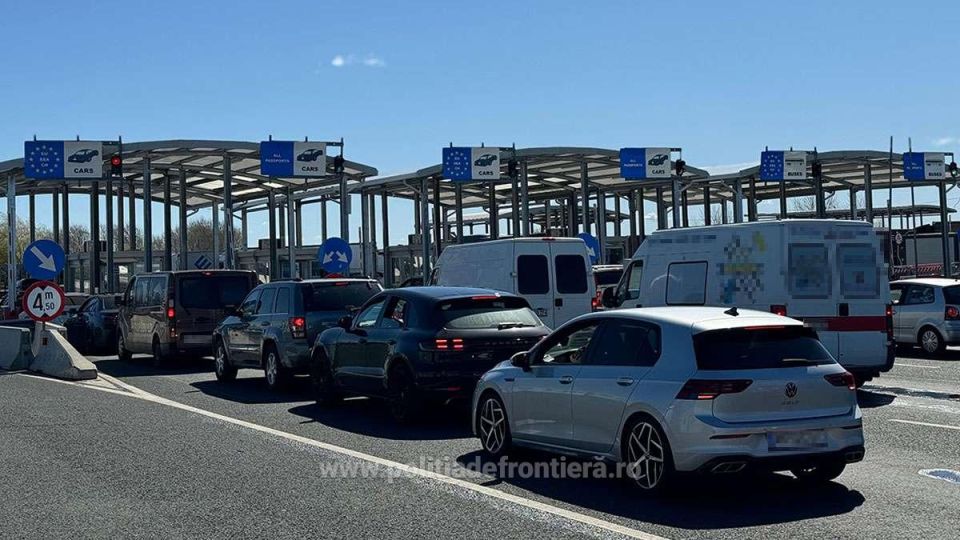School dropout in Romania
One in four children in the Romanian rural area drops out of school before 8th grade, due to poverty and poor academic results.

Daniela Budu, 13.03.2023, 14:00
With a rate of 15%, Romania is far from the EU target in terms of early school dropout rate, double the European average and very far from modern countries which report less than 3%. Over 45,000 children abandon studies in Romania every year while nearly half of the children in rural areas are on the verge of poverty and social exclusion. Moreover, according to official statistics, 6 in 10 children in rural areas have difficulties reading and writing. According to a report made public by the National Centre for Policy and Evaluation in Education, only three quarters of Romanian children who completed middle school studies in 2021, during the pandemic, managed to pass National Evaluation exams with grades higher than 5 (C-). This means many of them chose not to have the exam. Around 12% of the 5th to 8th grade students did not complete middle school for reasons such as school dropout, expulsion, migration and incomplete grade records.
According to the National Centre for Policy and Evaluation in Education, almost 9,000 students who finished 8th grade, did not register for the National Evaluation exams and another 8,000 who did register, did not hold the exam. The study also shows that most students in one of these situations were from rural areas. Caraş-Severin (west), Brăila (south-east), Sibiu (centre), Bihor (north-west), Mureş (centre), Călăraşi (south) and Satu Mare (north) are the counties with the highest school dropout rates among middle school students. Also, 86% of students in urban areas got grades over C-, as compared with only 63% in rural areas, while grades were smaller for students in rural areas in all exams.
National Evaluation exams this year are held over June 19-22. The final grades will be made public on July 4. Until then however, 8th grade students all over the country will hold the National Evaluation simulation. In the years to come, the new education laws will bring about changes for both National Evaluation and the Baccalaureate. According to Education Minister Ligia Deca, the new laws aim, among other things, to modernize the curricula, modify testing and evaluation, reduce school dropout and support children in underprivileged communities. The new draft laws are to be endorsed by the Bucharest Government in two weeks, and then sent to Parliament that has the final say. (EE)






























